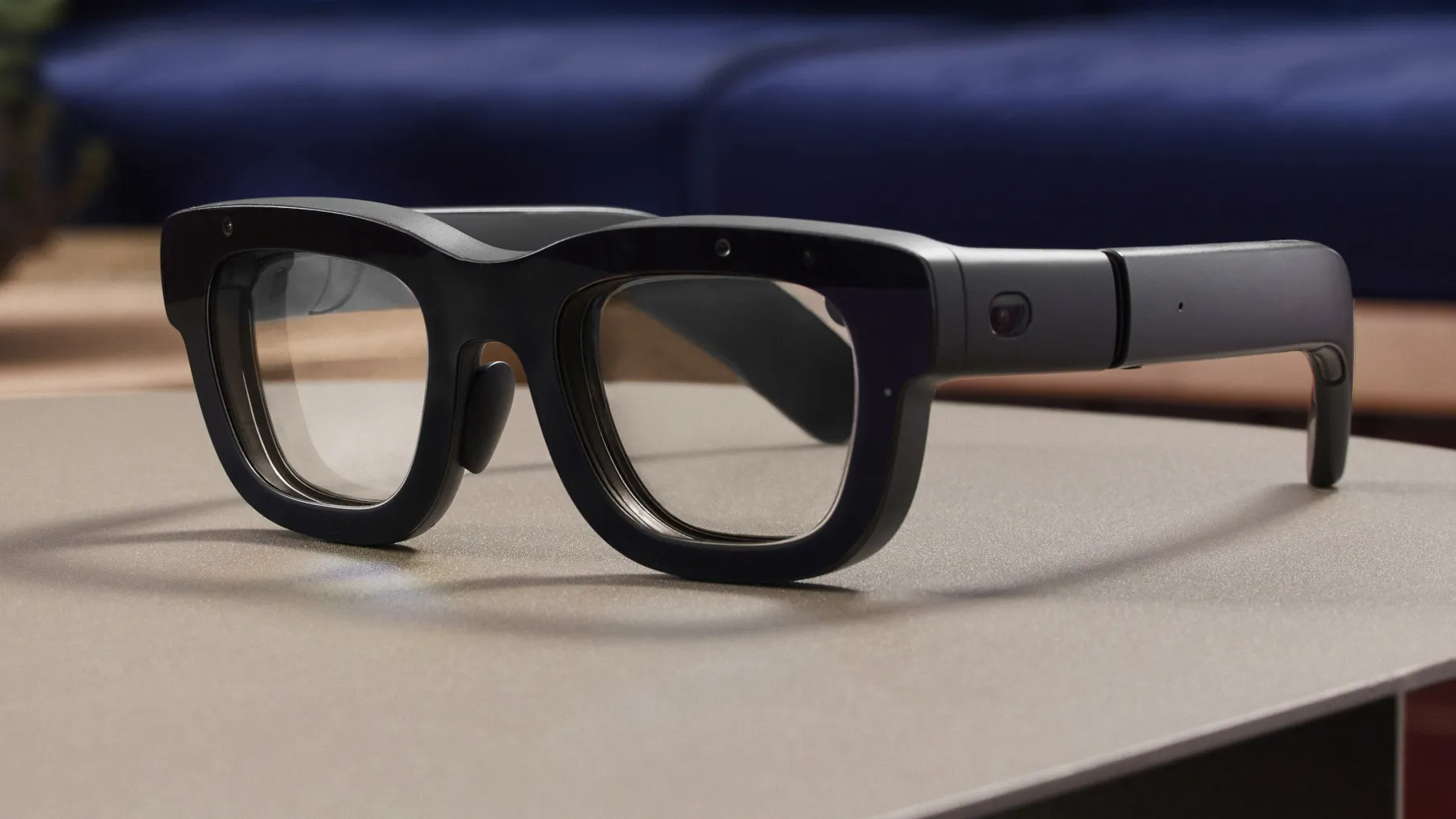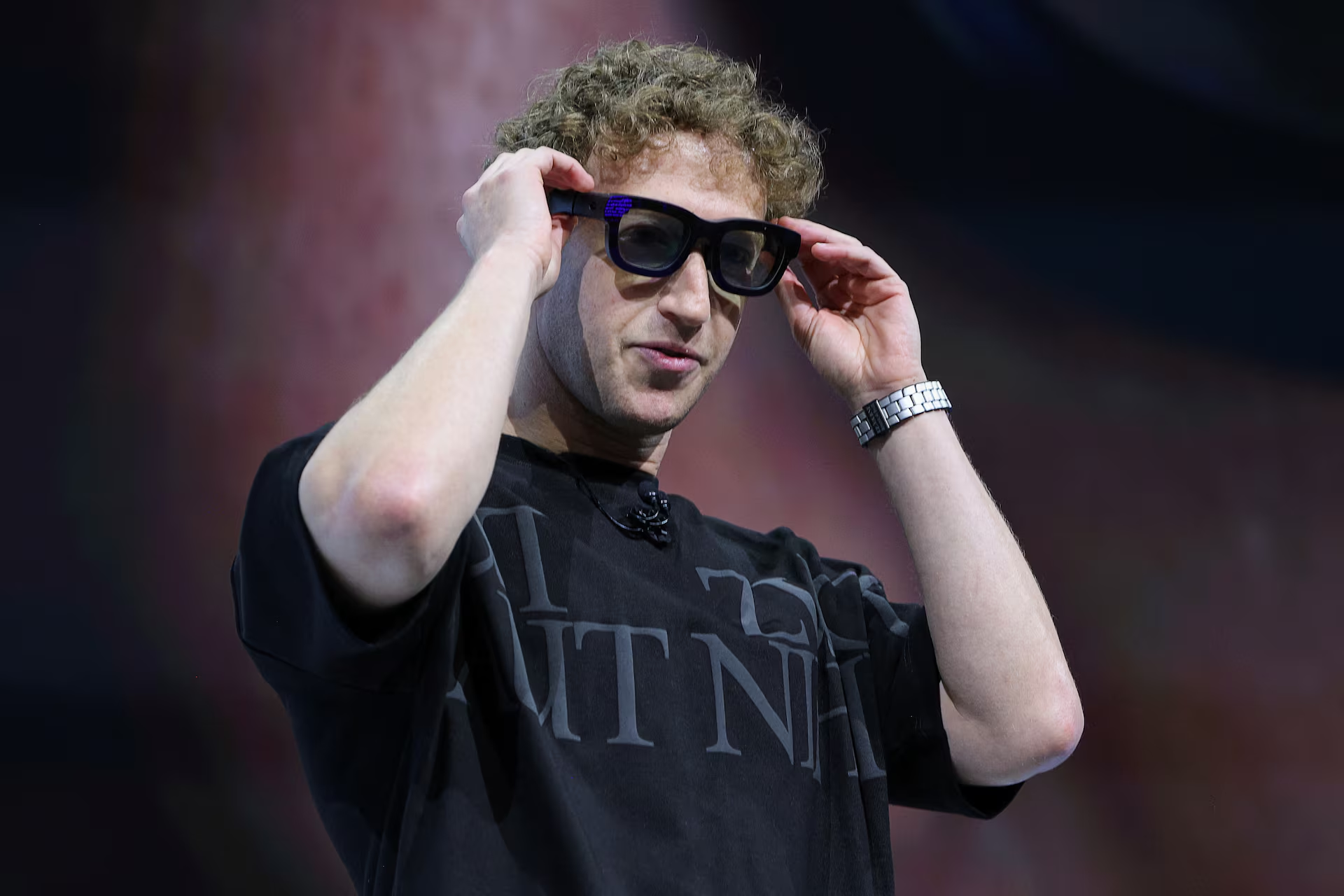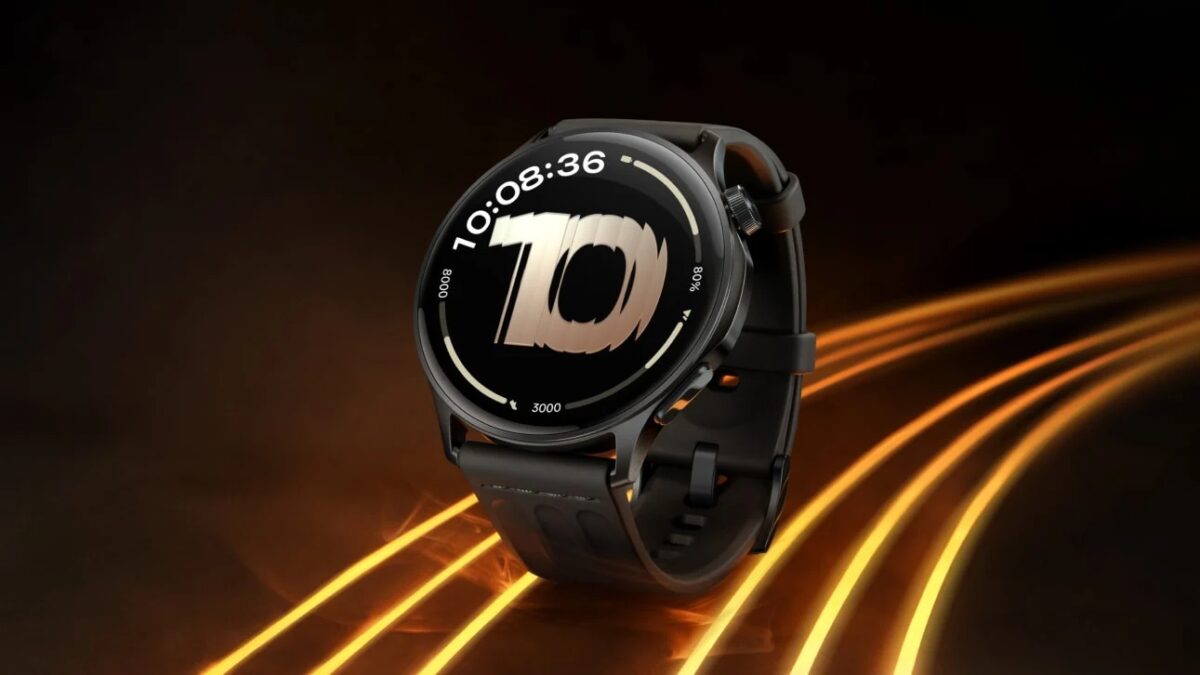Meta* has unveiled a prototype of Orion AR glasses

At the annual Meta* Connect conference, Meta* revealed its first working prototype of augmented reality glasses called Orion. The company’s CEO, Mark Zuckerberg, demonstrated the device, which he said would “bring the virtual world to the real world”. Speaking on stage with “bulky black glasses,” Zuckerberg described Orion as a “time machine” that provides a glimpse of an exciting future.
An augmented reality device that will “bring a virtual world to the real world.
What are the Orion glasses?”
The Orion glasses are made of magnesium alloy and feature a custom chip developed by Meta*. Users will be able to interact with the device through hand motion tracking, voice commands, and a neural interface attached to the wrist. The company aims to make the glasses smaller, sleeker and cheaper before releasing them to the masses. Meta* plans to bring a commercial version of the AR glasses to market by 2027, when technological breakthroughs should bring down manufacturing costs.
The company’s goal is to make the glasses more compact and less expensive.

Why is this important to Meta*?
.
Augmented reality (AR) has been a key focus for Meta* since the company changed course in 2021, focusing on creating a “meta-universe.” Despite the ambition, advancing this technology comes with high development costs and technological challenges. However, Meta* aims to make AR and VR devices accessible to the mass market, while bringing down their price.
Meta*.

Problems and competition
Competition in the AR device market is strong, and even giants like Google have failed. Google Glass glasses, for example, have failed to gain popularity. However, Meta* continues to push forward, actively investing billions of dollars in the development of augmented and virtual reality technologies. In the first half of 2023, Meta*‘s Reality Labs division lost $8.3 billion, with losses totaling $16 billion in 2022.
The company’s Reality Labs division has lost $8.3 billion in the first half of 2023, with losses totaling $16 billion in 2022.
Integrating artificial intelligence into Meta*
products.
At the conference, Meta* also announced new features for its AI chatbots and unveiled a new version of its Quest 3S headset. The updated Ray-Ban Meta* smartglasses with AI features can now scan QR codes and trigger music via Spotify via voice commands. In the future, the company plans to add video generation and real-time translation capabilities from English to French, Italian and Spanish.
The company plans to add video generation and real-time translation from English to French, Italian and Spanish.

Mark Zuckerberg emphasized that voice interaction with AI will become more natural than text interaction. More than 400 million users use Meta* AI every month, and 185 million of them return weekly. Meta* continues to evolve its AI models, recently releasing three versions of Llama 3, but has held back from rolling them out in the European Union due to local regulations.
The company’s AI models are still being developed.

Meta’s massive investment*
Meta* continues to invest heavily in artificial intelligence, augmented reality and meta-universe technologies. The company is expected to have between $37 billion and $40 billion in capital expenditures in 2024, which would be a record.
* Owned by Meta, it is recognized as an extremist organization in Russia and its activities are banned.







